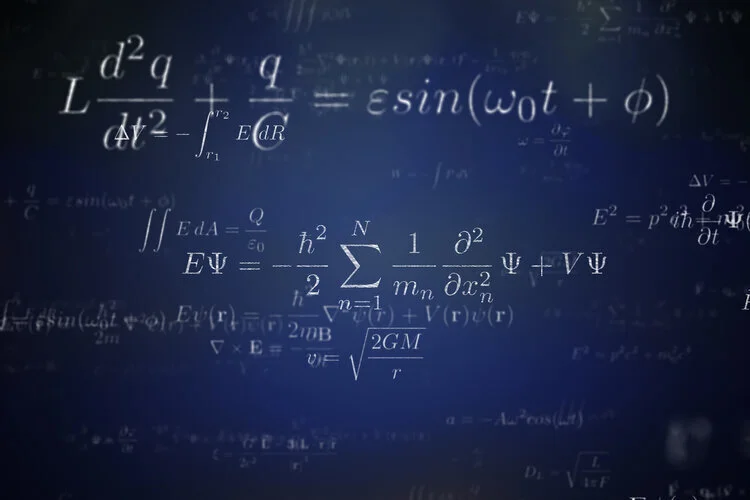Mauritz Kop is Visiting Quantum & Law Scholar at Stanford Law School in 2022-2023. Kop was invited by Prof. Mark Lemley, the William H. Neukom Professor of Law at Stanford Law School and the Director of the Stanford Program in Law, Science and Technology.
Advanced legal research on Regulating Quantum technology at Stanford Law School
This Stanford Law School ‘Regulating Quantum Technology’ research project will perform a detailed study of how to sensibly regulate the suite of quantum technologies including computing, sensing and networking, unifying the world of the large with that of the small. It intends to answer questions on how our innovation architecture should be constructed, so that benefits of quantum computing, sensing, simulation, and communication -including quantum-AI hybrids- will be distributed equitably, and risks proportionally addressed. Building upon foundational work done on quantum and AI innovation policy mechanisms, national security strategy, standardization & certification, ethics, responsible quantum R&D, governance principles, technology impact assessments, data ownership and intellectual property in quantum software and hardware structures - published in flagship Journals at Stanford, Harvard, Yale, Berkeley, Physics World, Max Planck, Springer Nature, and Oxford - the transdisciplinary research aims to develop an integrated, holistic vision on smart governance and regulation of quantum & AI infused digital transformation.
Happy to speak at a number of in person events in the nexus of AI, Quantum & Law in the coming weeks:
Scarcity, Regulation and the Abundance Society Roundtable at Stanford
1. April 22, Scarcity, Regulation and the Abundance Society Roundtable at Stanford, where I will present a chapter titled ‘Abundance & Equality’ for the book project co-edited by Mark Lemley and Deven Desai. The chapter connects good governance to the end of scarcity and unifies equality with technology driven abundance, by introducing a novel Post-Rawlsian Equal Relative Abundance (ERA) principle of distributive justice. As befits tradition, we will insert musical interludes for piano, with me performing ‘Stanford Theme & Variations’ à l'improviste in the Stanford Law School Faculty Lounge. https://law.stanford.edu/publications/scarcity-regulation-and-the-abundance-society/
Patenting Quantum Computing Technologies talk at Quantum & Law Conference in Lund
2. April 29, presenting our 'Patenting Quantum Computing Technologies and Market Power: A Quantitative Analysis' research together with my academic friends Profs Mateo Aboy (Cambridge) and Timo Minssen (Copenhagen) at the Quantum & Law Conference in Lund. We wrote 2 papers focusing on IP portfolio strategies, trade & state secrets, and their interface with antitrust regulations, utilizing industry and quantum domain specific mixed theoretical & empirical research methods. http://quantum-law.org/conference/
EU AI Act Presentation at AI World Summit Americas in Montreal
3. May 4, I’ll present an overview of the EU AI Act with its ‘product safety framework’ and market entrance requirements, constructed around a set of 4 risk categories at the AI World Summit Americas in Montreal. We will discuss whether it provides a regulatory framework for AI that should be adopted globally during a Headline panel with Prof. Gillian Hadfield (Toronto) and Dr José-Marie Griffiths (President Dakota State), moderated by Meredith Broadbent (Washington). https://americas.worldsummit.ai/speakers/
Keynote Quantum Computing Ethics at IBM Research
4. May 17, I’ll give a keynote on Quantum Computing Ethics at IBM Research during their Tech for Racial and Social Justice Seminar (internal event), organized by Dr Aminat Adebiyi, moderated by Dr Mira Wolf-Bauwens, with whom I worked together on the WEF Quantum Computing Principles. https://www.weforum.org/publications/quantum-computing-governance-principles/
Quantum Impact Assessment (QIA)
5. We are creating a world’s first application-driven Quantum Impact Assessment (QIA) in The Netherlands -raising ELSA awareness and removing barriers for adoption of QT- with a diverse, multidisciplinary team lead by Prof. Bart Schermer (Leiden) and Daniël Frijters for the Centre for Quantum & Society, made possible by ECP and Quantum Delta NL. https://quantumdelta.nl/centre-for-quantum-and-society
Quantum-ELSPI special for Springer Nature with Luciano Floridi
6. Meanwhile I am editing the Quantum-ELSPI special for Springer Nature on the Ethical, Legal, Social and Policy Implications of Quantum Technology, together with EiC Prof. Luciano Floridi (Oxford). https://law.stanford.edu/publications/quantum-elspi-ethical-legal-social-and-policy-implications-of-quantum-technology/
More exciting projects soon ...
Meer lezen









